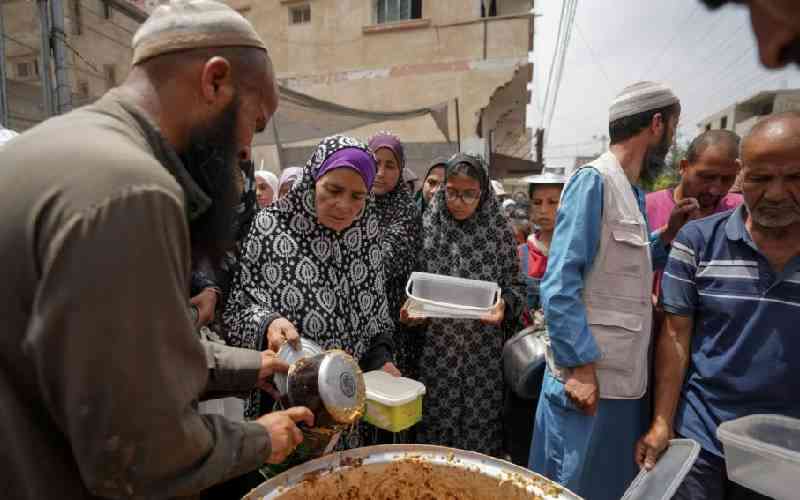×
The Standard e-Paper
Kenya’s Boldest Voice

In what they are calling an "unprecedented emergency," U.N. agencies are warning that humanitarian operations throughout the Gaza Strip will cease within a matter of days if Israel does not reopen border crossings and allow critical fuel supplies to enter the Palestinian territory.
"For five days, no fuel and virtually no humanitarian aid entered the Gaza Strip, and we are scraping the bottom of the barrel," Hamish Young, UNICEF's senior emergency coordinator in the Gaza Strip said Friday.